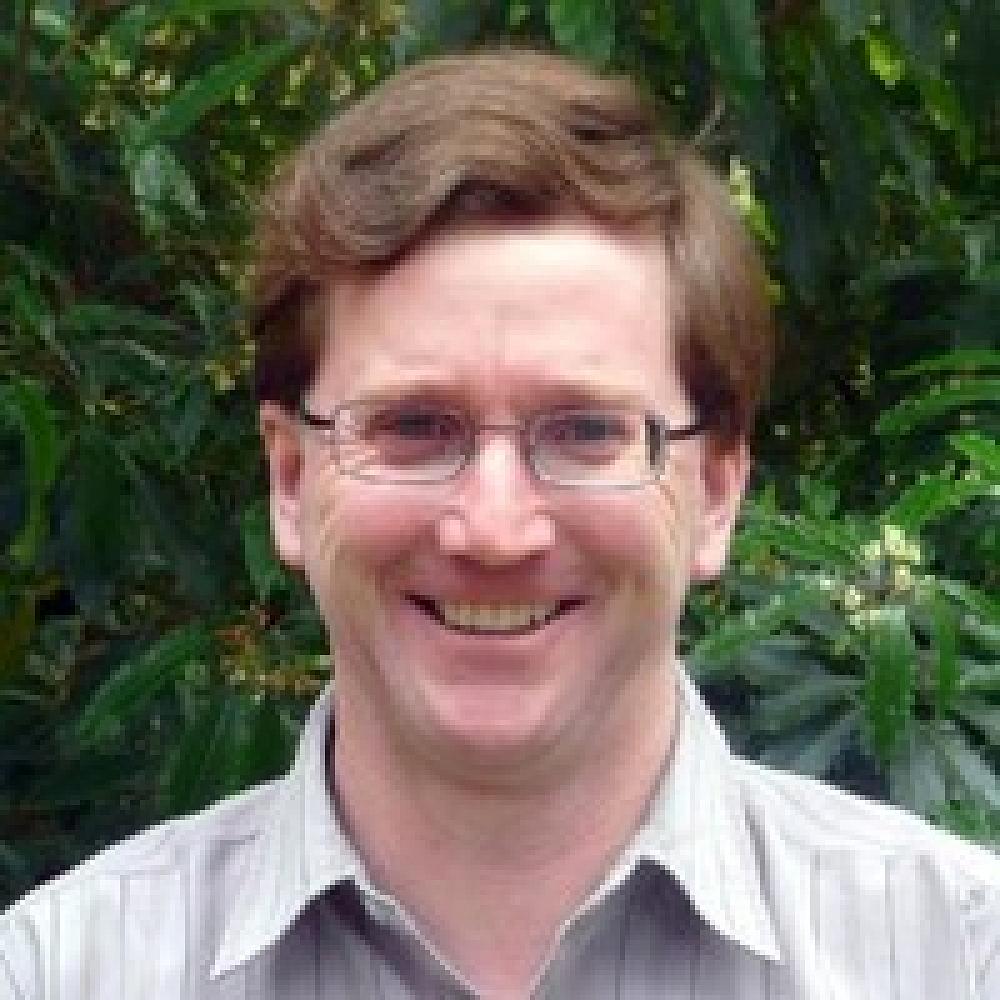
The Kingsmen
Stuart Ryder 1980 – 1984
Stuart was Dux in 1984. At the end of year Prizegiving, he was awarded the Baker Prize for Senior Mathematics and the Lusk Prize for Form 7 Science. He had developed an interest in Astronomy as a young lad visiting the Beverly-Begg Observatory.
He began his university studies at the University of Otago, but transferred in his second year to the University of Canterbury where they offered courses in Astronomy. He graduated in 1988 with a Bachelor of Science, 1st Class Honours in Physics, Astronomy and Astrophysics. He continued his studies at the Australian National University in 1989 where he worked on his PhD in Astronomy and Astrophysics. He graduated in 1993. From 1994 to 1996 he pursued post-doctoral studies in America at the University of Alabama.
From 1997 to 1999 Stuart was employed as an Operations/Research Scientist by the Joint Astronomy Centre at Hilo, Hawaii. Since 1999 he has worked at the Anglo-Australian Observatory in NSW, being acting-head at times while investigating supernovae (exploding stars) and conducting optical and infrared studies of star formations in nearby spiral galaxies.
Stuart is an Adjunct Fellow with the Department of Physics & Astronomy at Macquarie University. He conducts research using telescopes at the European Southern Observatory in Chile, as well as radio telescopes operated by CSIRO Astronomy and Space Science in Australia, and the Stratospheric Observatory for Infrared Astronomy (SOFIA) operated by NASA & DLR. He is Head of International Telescopes Support, managing the International Telescopes Support office hosted by the Australian Astronomical Observatory in Sydney, Australia. He is responsible for coordinating Australia's usage of large telescopes offshore, particularly the twin 8 metre Gemini telescopes in Hawaii and Chile, and the twin 6.5 metre Magellan telescopes in Chile. He also conducted research with international collaborators on core-collapse supernovae, and star formation in nuclear rings of galaxies, using optical, infrared, and also radio telescopes.
From 2015 to 2016 Stuart was awarded an International Exchange Fellowship by the United Kingdom Royal Society. In 2020 Stuart was a Co-recipient of the Newcomb Cleveland Prize awarded by the American Association for the Advancement of Science. The prize has been awarded annually since 1923, to the author(s) of "the most impactful research paper published in the journal Science". It was worth US$25,000.
These days Stuart is Programme Manager at Astronomy Australia Limited at the Australian National University in the Greater Sydney Area.
